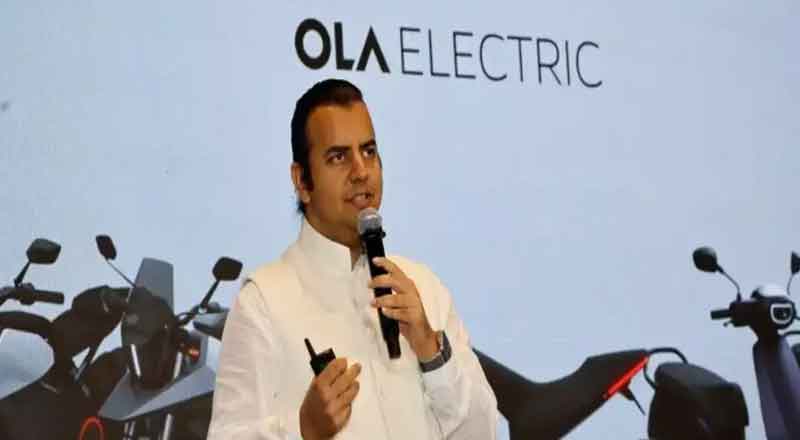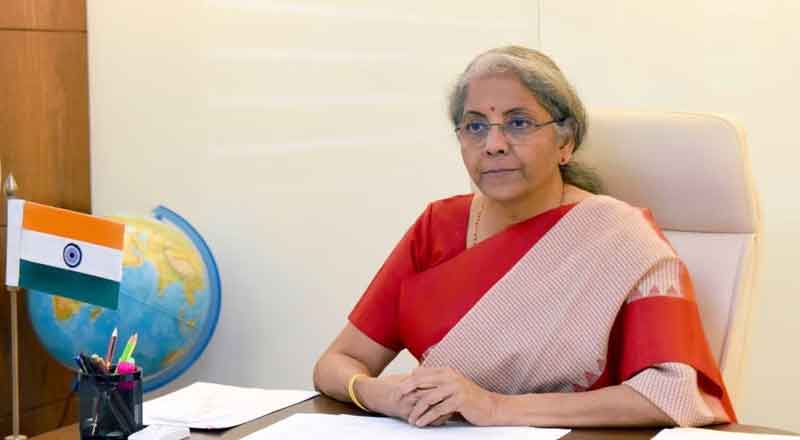- The Meerut CGST Commissionerate has exposed a sophisticated syndicate orchestrating a colossal Input Tax Credit (ITC) fraud, amounting to over Rs 1,000 crore.
- The investigation, which commenced in October 2023, unearthed a sprawling network of 232 fictitious firms scattered across the nation.
- These entities, through fake billing practices, managed to illicitly claim ITC amounting to approximately Rs 1,048 crore, with purported transactions valued at Rs 5,842 crore.
- In a decisive move, five bank accounts linked to the syndicate have been provisionally attached, marking a crucial step in curbing further illicit activities.
The Meerut CGST Commissionerate has exposed a sophisticated syndicate orchestrating a colossal Input Tax Credit (ITC) fraud, amounting to over Rs 1,000 crore. Following an extensive investigation by the Anti-Evasion branch of Central Goods and Services Tax (CGST), three individuals have been apprehended in connection with the elaborate scheme.
The investigation, which commenced in October 2023, unearthed a sprawling network of 232 fictitious firms scattered across the nation. Shockingly, 91 of these entities were registered under a single mobile number, underscoring the meticulous planning and execution employed by the fraudsters. These entities, through fake billing practices, managed to illicitly claim ITC amounting to approximately Rs 1,048 crore, with purported transactions valued at Rs 5,842 crore.
Employing advanced analytical tools such as E-way Comprehensive Portal, Advait, and Business Intelligence and Fraud Analytics (BIFA), the CGST Commissionerate delved deeper into the intricate web of deceit. It was revealed that Full Fledged Money Changer Companies (FFMCs) were instrumental in laundering the ill-gotten gains derived from the fraudulent ITC claims. Transactions totaling around Rs 1,120 crore were traced to these FFMCs, yet investigations failed to uncover any evidence of the ultimate destination of the foreign currency.
In a decisive move, five bank accounts linked to the syndicate have been provisionally attached, marking a crucial step in curbing further illicit activities. Furthermore, the arrests of three individuals implicated in the orchestration of fake firms and the issuance of fraudulent invoices signify a significant stride towards accountability and justice.
Despite these commendable efforts, the investigation remains ongoing, with authorities committed to ferreting out all individuals involved in perpetrating this egregious fraud. The unraveling of such a massive scam underscores the importance of robust regulatory measures and vigilant enforcement mechanisms in safeguarding the integrity of the taxation system.
The crackdown on this multi-billion rupee fraud not only serves as a deterrent to potential wrongdoers but also reaffirms the government’s unwavering commitment to combating financial malfeasance and ensuring a level playing field for honest taxpayers.
(With inputs from agencies)





